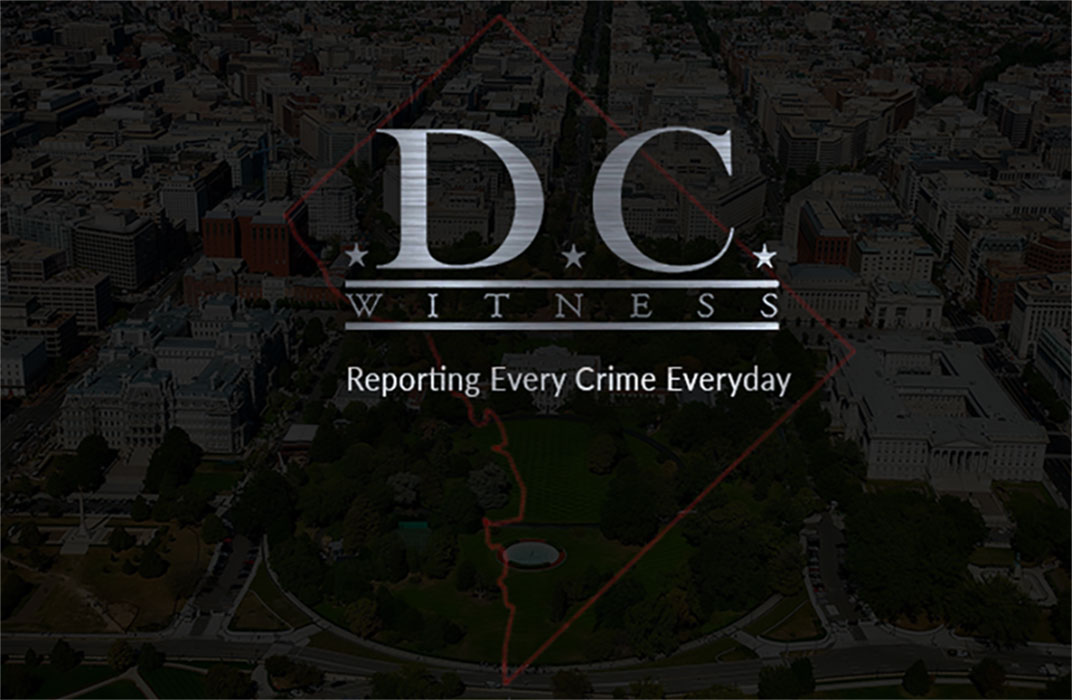
Thank you for reading D.C. Witness. Help us continue our mission into 2024.
Donate NowBy
Aerial Lopez [former]
- March 3, 2023
Court
|
Daily Stories
|
Non-Fatal Shooting
|
Suspects
|
Prosecutors in a non-fatal shooting trial asked the victim to recount his experience during the shooting.
Travis B. Littlejohn, 37, is charged with assault with a dangerous weapon for a non-fatal shooting incident. The shooting wounded four individuals on the 3800 block of Minnesota Avenue, NE on July 5, 2019, at 11:27 p.m.
During the March 2 trial, the prosecution called three witnesses to attest to the incident.
A Metropolitan Police Department (MPD) Officer who testified the day prior and continued his testimony in court.
The prosecution picked up where the court had left off on March 1, with the witness’s body-worn cam footage from the incident. The footage showed the witness interacting with one of the four victims whom he rendered aid to.
The witness said that he was dispatched to Minnesota Avenue after a report of shots fired. When he arrived at the scene, he quickly attended to the victims who were shot and called for medical personnel.
While on the scene, the witness said he was approached by someone in the area. This unnamed individual informed the officer that a video was circulating on Instagram that showed the incident occurring.
Defense attorney Russell B. Hairston objected to the display of the officer’s body cam footage that showed this video being viewed in real-time. DC Superior Court Judge Maribeth Raffinan sustained the defense’s objection and restricted the video from being shown.
In a swift line of questioning, Hairston asked the witness about his 25-day suspension while on the force.
Hairston completed his line of questioning by inquiring about whether the witness had checked the scene for bullet casings. The witness told Hairston he had not.
The prosecution redirected the witness and asked why he hadn’t paid more attention to these casings. The witness said he was more concerned about the safety of the citizens at the scene than searching for casings because if someone had sustained deadly injuries while in his care, then there would be “other problems.”
The next witness, one of the four victims, described the events leading up to the shooting that occurred on July 5. He said he and his friend had been drinking since 11 a.m. that day and polished off “a lot of Jose Cuervo.” Both the men found themselves with another friend later that evening at Malcolm Liquor located across the street from where the shooting would occur.
The witness said the three of them left the liquor store and joined a group of people across the street. The group was gathered on the sidewalk outside of the Shell gas station. The witness told the jury that he saw one of his friends arguing with a man darker than himself who had long dreads.
Neither of these descriptions currently matches the defendant.
After this altercation the man returned to his vehicle and turned into the shell gas station. Moments later, the car zipped back around, and a person started shooting into the crowd of people. It was here that the witness said he was shot.
This witness testified to having a firearm in his possession during the time of the incident. He also has an open criminal case of his own for the unlawful possession of a firearm associated with this incident.
The defense speculated if this witness’ testimony was part of a broader deal with the prosecution.
The final expert witness worked as a crime scene processor with the DC Forensic Sciences Department and documented the crime scene on July 6, 2019. The prosecution’s goal for this witness was to validate crucial evidence in the case.
This evidence included ballistics observations and documentation of the bullet casings and cartridges the witness found at the crime scene. The witness said there were three different types of bullet casings found at the scene – implying three separate firearms.
The trial is scheduled to continue on March 6 with more witness testimony.
Follow this case